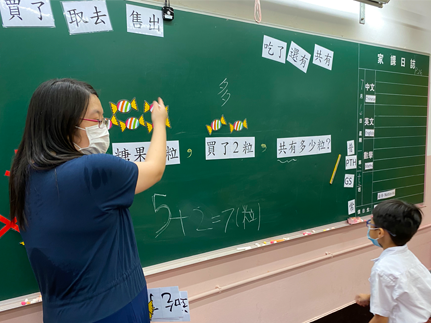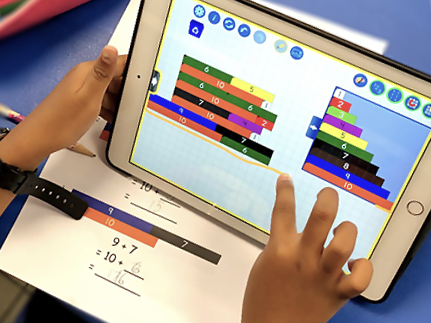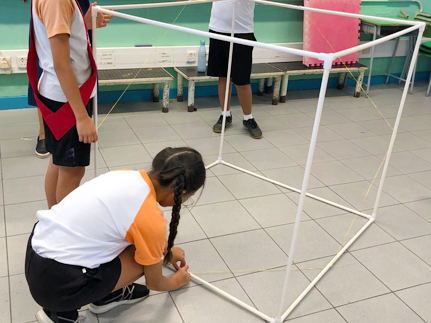The total number of Non-Chinese Speaking (NCS) students in different sectors from pre-school to primary and secondary has increased in the last two decades. Some teachers teaching NCS students mathematics seem to have noticed certain different approaches among those NCS students to numerical calculations and to comprehension of mathematical concepts. Additional support to the mathematical learning and teaching of these NCS students in local schools, and to say the least, serious attempts to understand their needs in such an important subject area, are inevitable.
Since 2015, we have been trying to elaborating on a few major pedagogical strategies in catering for the diversity of mathematics learners, particularly the ethnic minority students. We have obtained some preliminary research findings on students’ value in mathematics learning, revealing differences in the valuing of ethnic Chinese and ethnic minority students in mainstream primary schools. Three value components showed statistically significant difference between the two ethnic groups in the context of multicultural and multilingual classrooms. Simply put, ethnic minority students embrace activities, tools and practice in the learning and teaching process more than their Chinese counterparts do.
Values are conative variables recognised as culturally dependent. In the context of mathematics learning, it appears that the fostering of relevant conative willingness can optimise the effectiveness of cognitive and affective aspects of teaching mathematics (Seah, 2018). What a student values in his/her mathematics learning gives him/her the drive and motivation to learn mathematics well, and to draw on his/her cognitive skills and affective dispositions to learn, understand and apply mathematics knowledge and skills. Thus, study focusing on the value components provides a framework in supporting mathematics teaching within the cultural context.
Moreover, ethnic minority students are culturally and linguistically diverse (CLD) learners whose first/native language is different from the official language of instruction in schools. These students have limited language proficiency that may inhibit them from engaging in mathematics and participating in the classrooms. Given the increased recognition of the difficulty that many students have with mathematical language and the importance of language in learning mathematics (Morgan, Craig, Schutte, & Wagner, 2014), there is a pressing need for research and related work (including support services on learning and teaching) on the language of instruction, which students may not have mastered, and how it may affect their mathematics learning and attainment.
Our team provides school-based support to primary schools with varying proportion of CLD students, so as to enhance the learning and teaching of mathematics of ethnic minority students. As a group of researchers and educators in mathematics education, we expect that the support services would not only help the mathematics teachers and the students of the Project Schools, but also grant us a valuable opportunity to gain better understanding and knowledge about students whose culturally and linguistically diverse backgrounds might have caused extra difficulties in the learning and teaching of mathematics.








